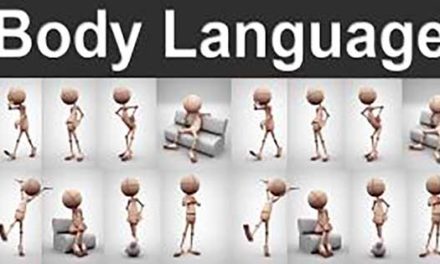Life coaching arrived in the UK around ten years ago, having started in the United States some ten years earlier. The idea of life coaching is to define goals and work out how you can achieve them. Whereas therapy analyses the past, with life coaching, the emphasis is on the future and how the client can fulfill their potential.
A life coach will not judge their clients but work with them on issues causing difficulties in their life. They will help the customer understand problems, see what may be holding them back, work out solutions, set goals and concentrate on ways to change for the better. Life coaching will usually involve a series of regular sessions over several months and contact with your coach can be by telephone, email or personal visit.
Life coaches will have different styles and use a variety of methods in their work, depending on the needs of their clients. Many will use the experience gained in disciplines such as sociology, psychology, career or other forms of counselling. However, life coaching is not for those with psychological illness.
Individual clients come from all sorts of backgrounds and maybe looking for anything from significant life changes to a few small adjustments to put them back on track. Although clients are often individuals, many companies also use life coaches to work with their employees in-house. Improving motivation, developing leadership and team-building skills, or managing working relationships could be some of the areas covered.
How can life coaching help me?
If you are at a transition point in your personal or professional life, then coaching can give you the confidence to set priorities, make decisions and make changes that will ultimately help you achieve a happier life. It is all about taking charge of your life and getting the results you want, rather than drifting and allowing things to happen around you.
In your working life, perhaps you would like to improve your career opportunities, achieve more or develop your skills, but you are not sure how. Alternatively, maybe you would like to become self-employed or simply need a change. A new challenge can give you a sense of purpose, but you may lack the confidence to proceed. Life coaching will help you understand and accept your weaknesses but also enable you to believe in yourself and make the most of your strengths and abilities.
In your personal life, you may feel you need or want to change your lifestyle. Perhaps you would like to lose weight, improve your health and fitness, manage stress or gain a better work/life balance. While you may well know what you should be doing, actually keeping up lifestyle changes is painful at times. Coaching can help you identify exactly why you want to change, why earlier attempts may have faltered, and to view the process more positively. Crucially the targets you set will be realistic to maintain your motivation and the benefits of change.
Good relationships with those around you are crucial for your sense of well-being and satisfaction with life, but relationships can be challenging both at home and work. However, this can improve with the help of coaching sessions. Talking through the issues will enable you to see how you can change to help resolve problems.
How can I find a life coach?
There is no professional body or any regulation in the Life Coaching industry. In theory, anyone can set themselves up as a life coach with no formal training or experience. There are training courses available but no recognized qualifications. Therefore your research and instinct will be the most important factors when looking for a life coach. The media, particularly the internet and personal recommendation, are likely to be your best sources of information.
Your choice of a life coach will partly depend on your purpose. If you are looking for assistance with a particular area of your life, then you will want to research the experience and skill available in this field. For example, some coaches may be more efficient working on family issues than changes at work. However, you may feel that personality and how the coach clicks with you are more important than any particular background. The way the coach asks questions delivers constructive criticism and motivates their client is, of course, going to be vital to the success of the sessions. Also, remember to consider whether you would like the option of face to face contact with your coach.
A good life coach will not ask for large payment upfront. After the initial introductory conversation, you should be allowed time to be reasonably sure you have made the right choice. It works both ways as the coach will also want to be sure you will have a successful working partnership.
Can I become a life coach?
As a life coach, you will need excellent communication and listening skills, a positive approach and the ability to encourage and motivate others. You must, of course, enjoy working closely with people and also be flexible. More specific skills may be required if you choose to work in a particular area of life coaching.
Although there are currently no qualification requirements, you may well decide to undertake some form of the training course before you start to practice life coaching. Training will develop your skills and is likely to give you more confidence and credibility. As there are no academic standards, you will have to rely on your research and evaluation to find an appropriate course. Your choice will depend on previous experience and personal interest. Remember to ask about the cost of the course, time involved, support available and recommendations from former students.
© Wordscapes® (David Turner). All Rights Reserved.




